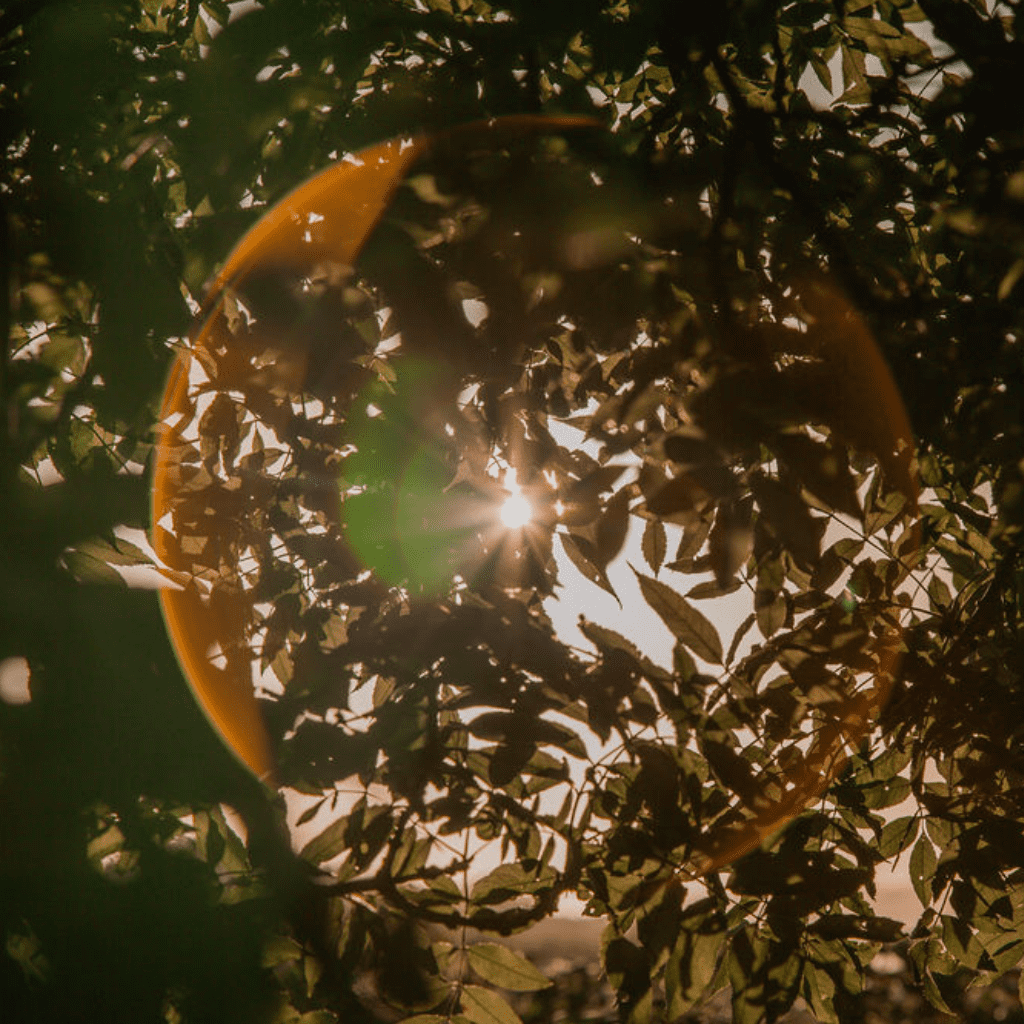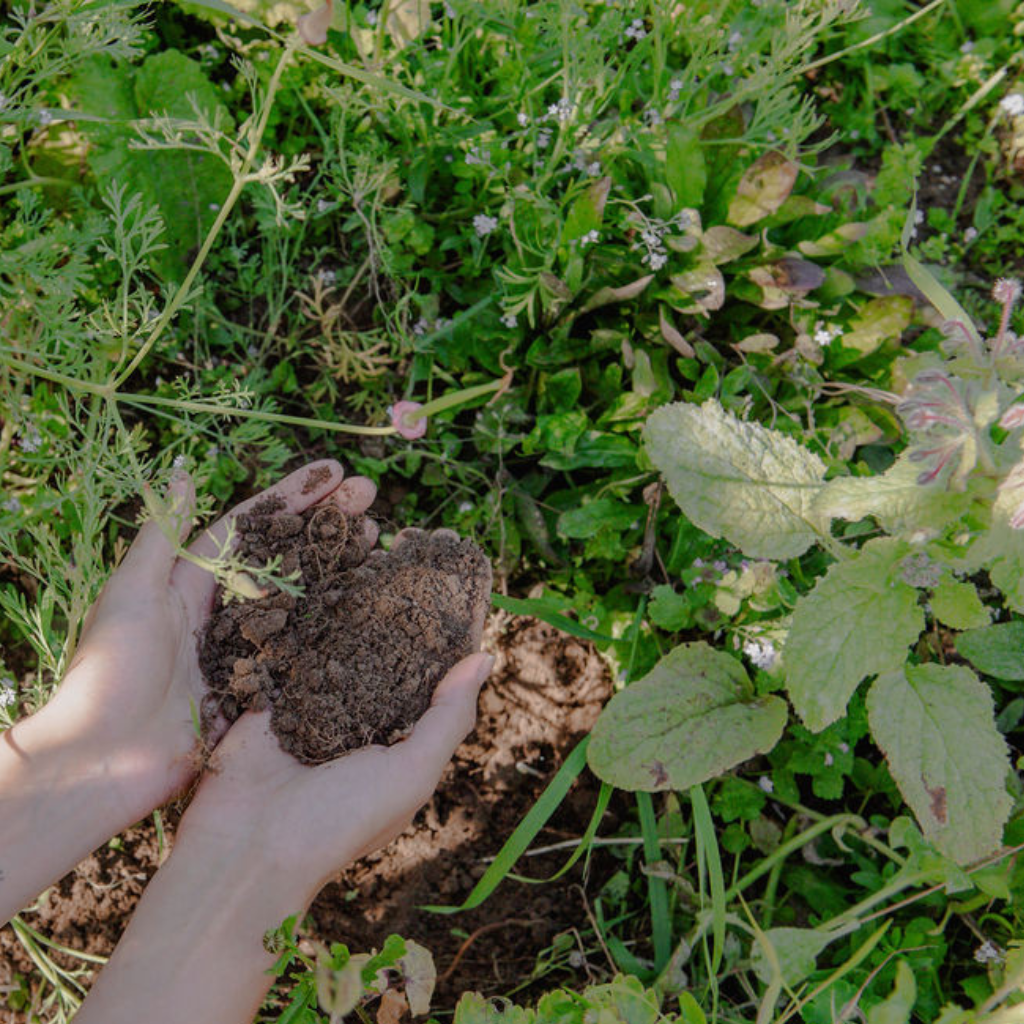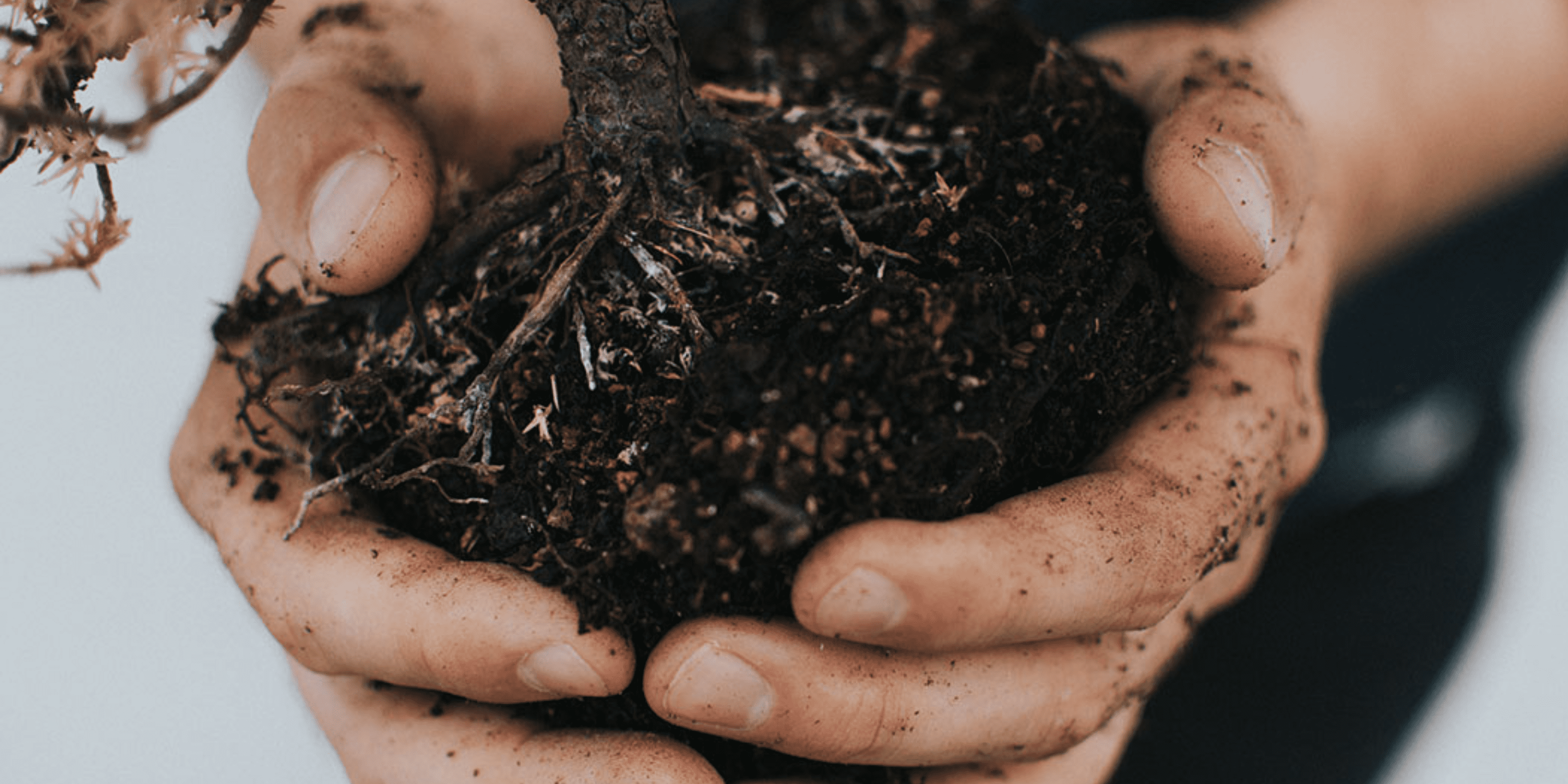Microbial diversity is essential for functioning farms
Microorganisms have existed for billions of years and were the first form of life on Earth.
They have successfully colonised every corner of the planet and every living creature, completing the cycle of life through fermentation and decomposition. They break down organic waste and recycle the remaining minerals and nutrients for regeneration, enabling soils, crops and livestock to thrive.
Most microbes are beneficial and life-enhancing, with only a few causing disease. A healthy soil microbiome contains trillions of diverse microorganisms performing thousands of different functions, from maintaining nutrient-rich soils and supporting livestock health to delivering essential nutrients to plants.
Without microbes, life as we know it would not exist!

The microbial circle of life
Microbes are nature’s invisible workers, the building blocks of life, with natural intelligence that maintains balance in the environment. They can be introduced at almost any stage of a farm: soil, crops, livestock, manure, or compost, wherever they are needed most.
By cycling nutrients like nitrogen and phosphorus, microbes reduce the need for synthetic inputs. They break down organic matter to produce humus, improving soil structure, water retention, and plant health, while also suppressing pathogens.
When plants enriched by microbes are consumed by animals, they support digestion, immunity, and overall wellbeing. Healthy animals pass microbes through manure, enriching the soil and completing the cycle. Humans consuming products from these systems also benefit from improved nutrition and microbial balance.
Harnessing microbes creates a self-sustaining loop: healthy soil grows healthy plants, healthy plants nourish healthy animals, and healthy animals enrich the soil, connecting soil, plants, animals, and humans, creating a resilient and productive system at every stage.

Soil microbes
Soil microbes exist in single cell form or as a colony of cells. There are microorganisms everywhere. There are more soil microbes in a teaspoon of healthy soil than there are people on earth, around 50 billion.
You may already know that each of us humans has a microbiome: our own wonderful community of trillions of single cell, living organisms. As we look after it, it looks after us. The same is true for the microbiome of the soil, which is the combination of microorganisms within the soil.
Most microbes are helpful and life enhancing; very few cause disease. In trying to kill the bad ones, we can strengthen them and weaken the environment and our bodies. Chemical fertilisers and agri-chemicals are destructive to the soil microbiomes because they wipe out all bacteria, or microbes, not just the bad ones.

“To live in a sustainable world we need to learn how to live in the cycle of life and make it real and sustainable. Effective microorganisms are very good at this. They naturally have an intelligence that will assist what is growing and also assist what is decaying.
They seem to know when to do what they need to do and they’ve been around for three and a half billion years. They were the first form of life on this planet and if we’re not careful they’ll be the last.
Microbes are fundamental to all areas of agriculture and reintroducing them will do a lot to protect our food and farming systems.”
Jeff Allen


